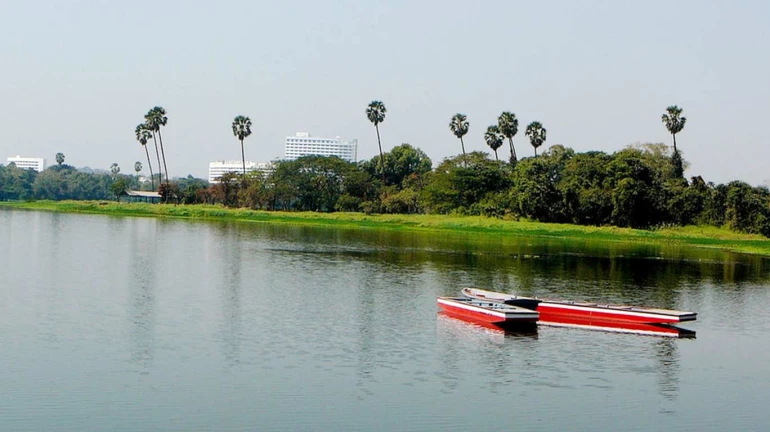
A formal investigation into the deteriorating conditions of Powai Lake has been initiated by the National Green Tribunal (NGT), following a resident’s complaint about prolonged ecological neglect. A joint committee, comprising officials from key environmental bodies, has been constituted and was instructed to submit its findings to the Pune bench within a month.
The directive was issued after the NGT’s principal bench in New Delhi was approached through a written submission by a local resident, who raised serious concerns regarding the lake’s pollution and overall degradation. The application was forwarded to the tribunal’s Western Zone bench, and the newly formed committee was mandated to carry out a site visit, examine the resident’s concerns, confirm the environmental status, and propose necessary corrective actions.
It was reported that the decision to seek legal recourse had been driven by years of frustration among local residents, who claimed that repeated calls for conservation had been ignored by relevant authorities. A protest that was scheduled in March had been blocked by the municipal body, prompting the submission of a formal complaint to the NGT. This complaint had subsequently been treated as a legal application by the tribunal. Powai Lake, which is among the earliest artificial lakes established in Mumbai’s suburbs, has been severely impacted by unchecked sewage inflows exceeding 18 million litres per day. It was noted that the lake’s surface has been overwhelmed by water hyacinths, decaying aquatic matter, and plastic debris. A marked decline in local bird and fish populations was also observed.
In response, the Brihanmumbai Municipal Corporation (BMC) had undertaken cleanup activities, removing over 18,000 metric tonnes of invasive water plants. Plans had been announced to divert eight million litres of wastewater to a newly proposed sewage treatment plant, while the remaining waste was to be treated at an existing facility in Bhandup. Despite these measures, concerns were expressed by environmental experts that temporary solutions would not yield long-term benefits. The use of dredging equipment for surface cleaning was acknowledged, but it was emphasized that continuous and coordinated action by multiple agencies would be necessary to restore the lake’s ecological balance.
A comprehensive and lasting environmental intervention has been called for, as the ongoing deterioration of Powai Lake continues to affect the quality of life in surrounding communities. The report expected from the committee is anticipated to guide future restoration efforts.





